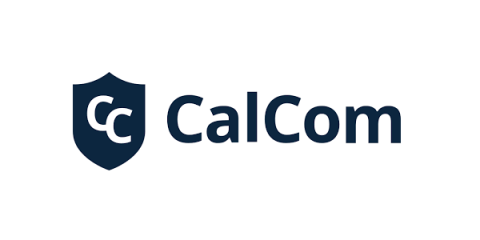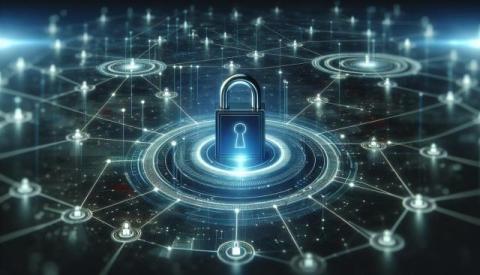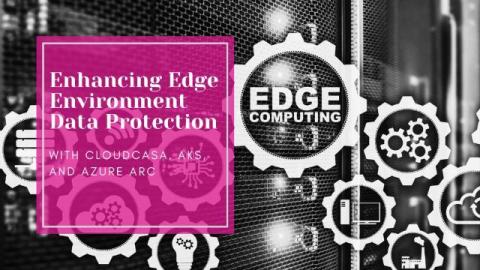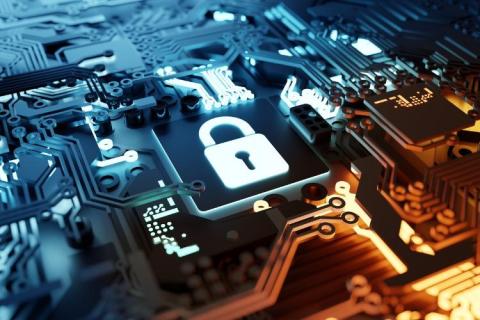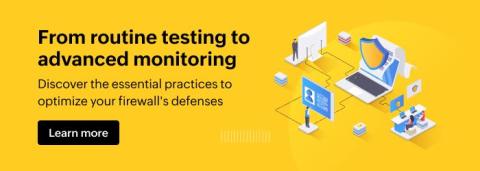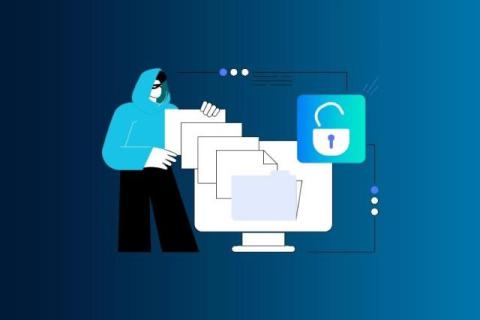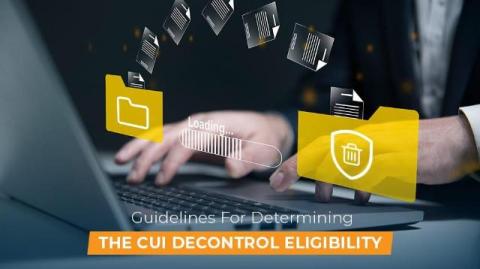Disable SSLv2: When older is not better
Secure Sockets Layer (SSL) is a technology that encrypts data sent between a user's browser and a website or application on a server. The purpose of SSL is to secure the information preventing eavesdropping and tampering. Originally released in 1995, SSLv2 is a protocol used to encrypt data sent over the internet, ensuring that the information remains private and secure.


